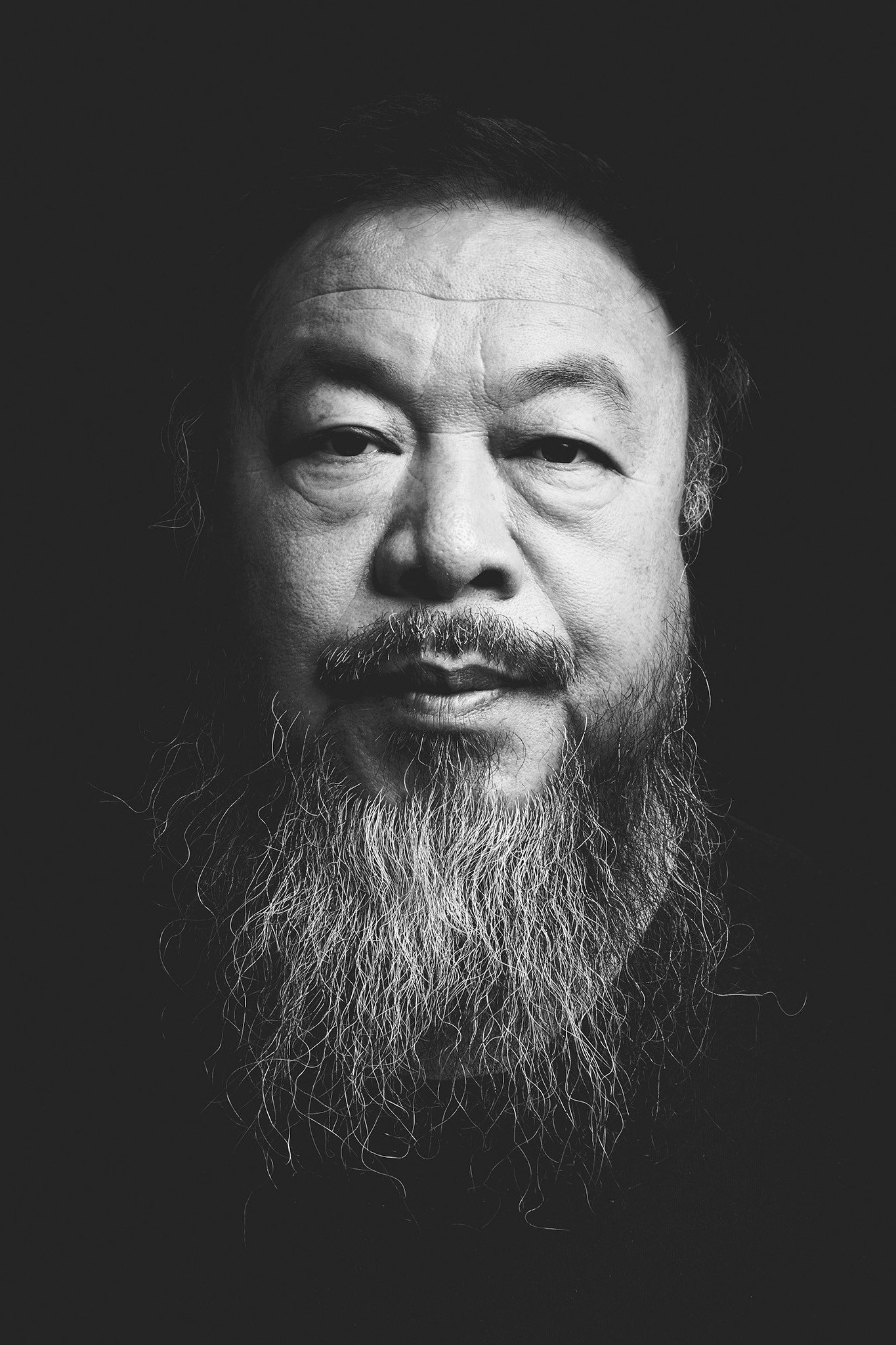
Artists forced to leave their country talk about the ambivalence of exile. With Iranian actress Golshifteh Farahani, Chinese artist Ai Weiwei, Sudanese graphic designer Anwar, and members of the Russian feminist protest group Pussy Riot.
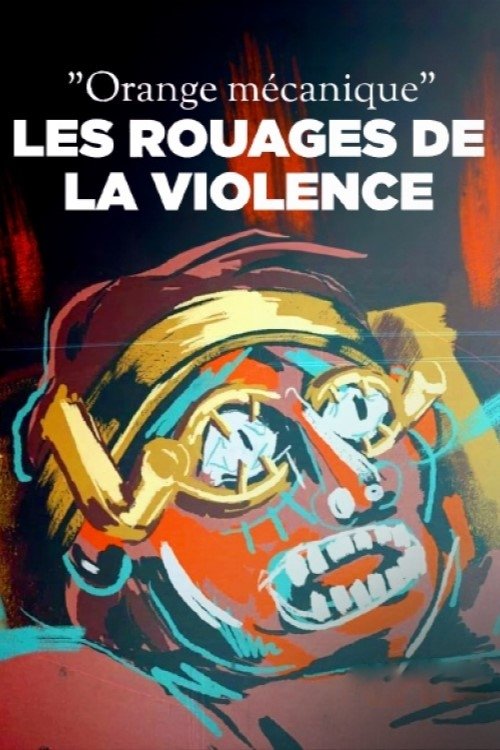
Examines and re-evaluates the 60-year history and cultural impact of A Clockwork Orange, as a novel, movie and stage play, with the help of archival content and interviews with important creative figures.
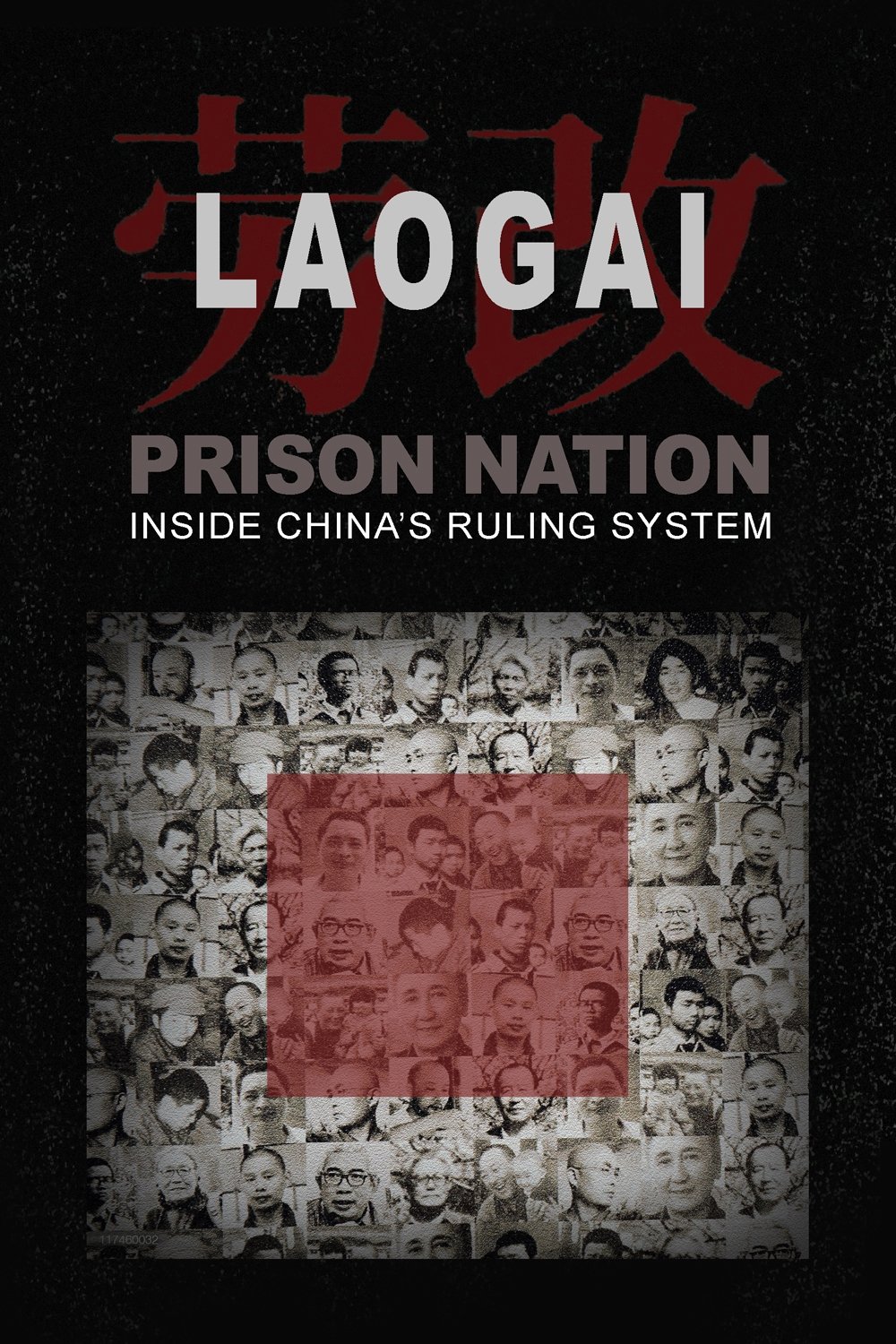
After the founding of the People's Republic of China in 1949, Mao Tsetung established a system of labor camps for systematic repression, known as Laogai, an abbreviation for "Reform Through Labor". In such camps, forced labor and physical and mental torture were used to bring about a so-called mental reform, re-education in the spirit of the Chinese Communist Party. Millions of Chinese were affected. Many were executed. In hundreds of camps, the Party took advantage of the prisoners' free labor to build the economy. Self-criticism and denunciation were often the only way to escape martyrdom. Successive waves of purges culminated in the Cultural Revolution, which saw massive human rights abuses, political assassinations, massacres, and exiles in remote parts of the country. Using unreleased archive footage, the documentary tells the story of the invention, development and improvement of China's totalitarian system of surveillance and repression up to the present day, never told before.
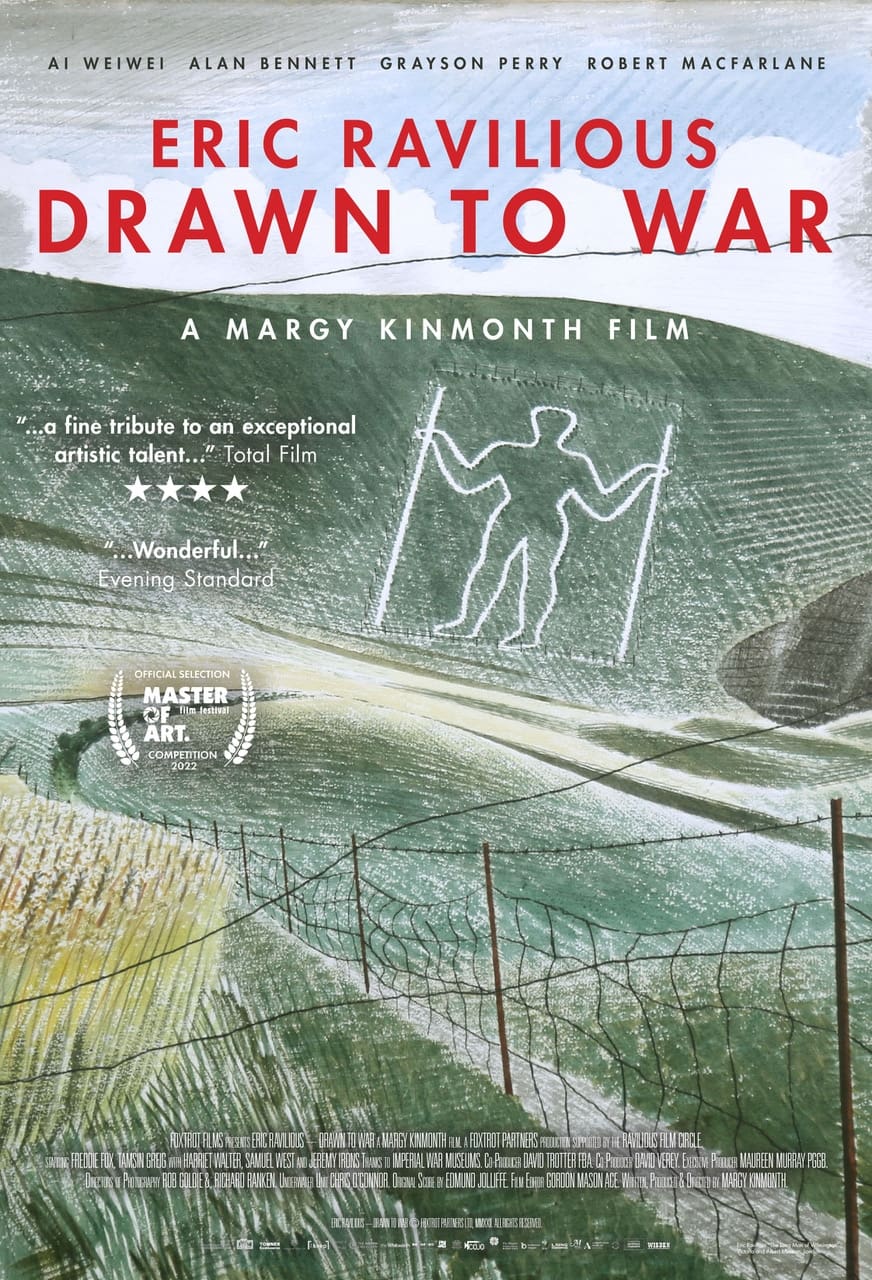
One of Britain’s greatest landscape artists, Eric Ravilious, is killed in a plane crash while on commission as Official War Artist in Iceland in 1942. His life is as compelling and enigmatic as his art, set against the dramatic wartime locations that inspire him. This film brings to life this unique and still grossly undervalued British artist caught in the crossfire of war 80 years ago, whose legacy largely sank without trace, until now…

The campaign to free Julian Assange takes on intimate dimensions in this documentary portrait of an elderly man’s fight to save his son. Arguably the world’s most famous political prisoner, WikiLeaks founder Julian Assange is a figure pretty much everybody has an opinion about; perhaps more importantly, he serves as the emblem of an international arm wrestle over freedom of journalism, government corruption and unpunished war crimes. For his family members who face the prospect of losing him forever to the abyss of the US justice system, however, this David-and-Goliath struggle is personal – and, with his health declining in a British maximum-security prison and American government prosecutors pulling out all the stops to extradite him, the clock is ticking.
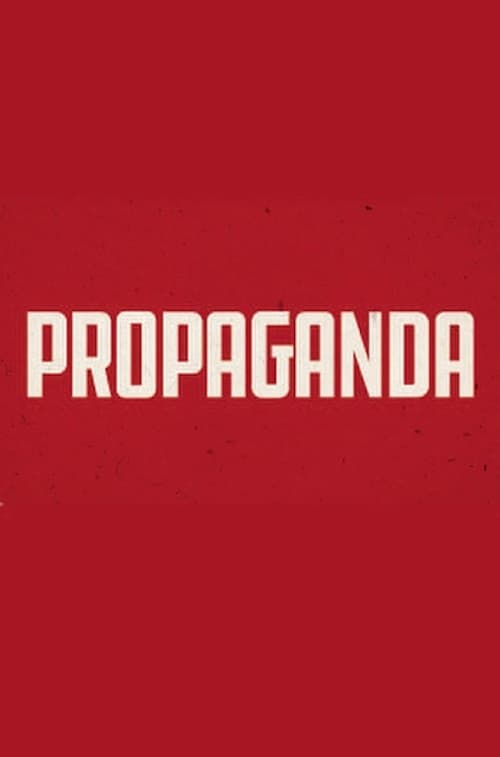
From ancient cave paintings to Twitter feeds and deep fakes, propaganda's rapid progression hasn't compromised its potency. Tracing its effective use by religious figures, politicians and marketers, director Larry Weinstein crafts a persuasive study of the mechanics behind propaganda. This fascinating investigation confronts us with timely questions: If we grow up surrounded by propaganda, how do we know what is true? What risks are inherited by a society tricked into their perceptions? Freedom of speech is critical to a democracy's survival, yet demagogues have consistently exploited that freedom to coerce willing supporters. Contemporary artists, including Kent Monkman, Shepard Fairey and Ai Weiwei, analyze their politically motivated work, creatively co-opting the conventions of disinformation that have permeated their respective cultures. As our platforms for spreading ideas continue to expand in a digital age, dangerous lies have never been better disguised.
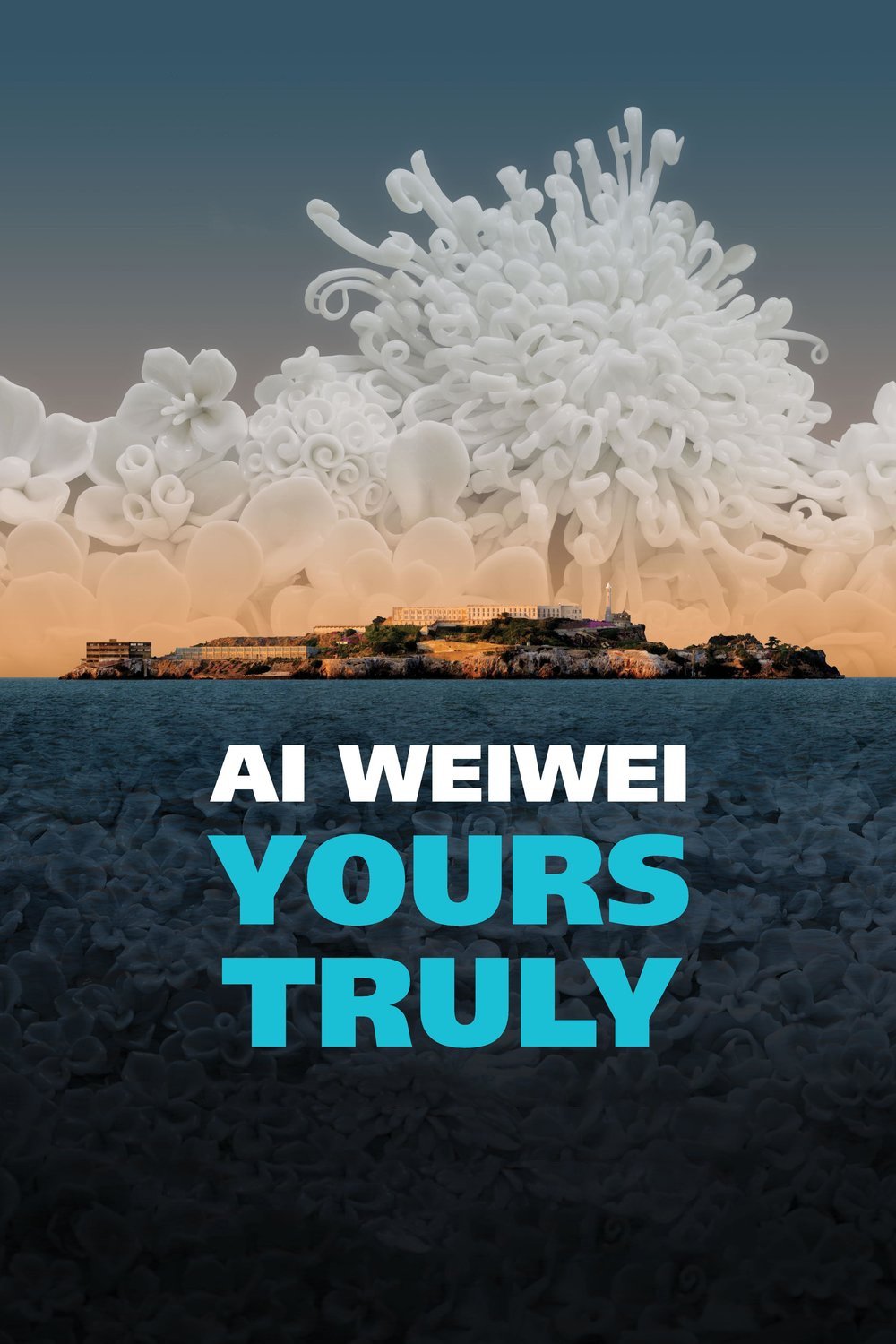
Ai Weiwei, famous for his large-scale installation work and his dogged social justice advocacy, created a career-defining work in 2015 with @Large, mounted at Alcatraz, the emblematic site associated with egregious incarceration conditions and radical Native American protest. At the core of @Large were portraits of prisoners of conscience coupled with the opportunity to write letters of solidarity to the imprisoned. In her impassioned and powerful film, exhibition curator Cheryl Haines visits several current and former prisoners, including American whistleblower Chelsea Manning, and learns how these letters were vital to their survival. “The misconception of totalitarianism is that freedom can be imprisoned. This is not the case. When you constrain freedom, freedom will take flight and land on a windowsill.” — Ai Weiwei
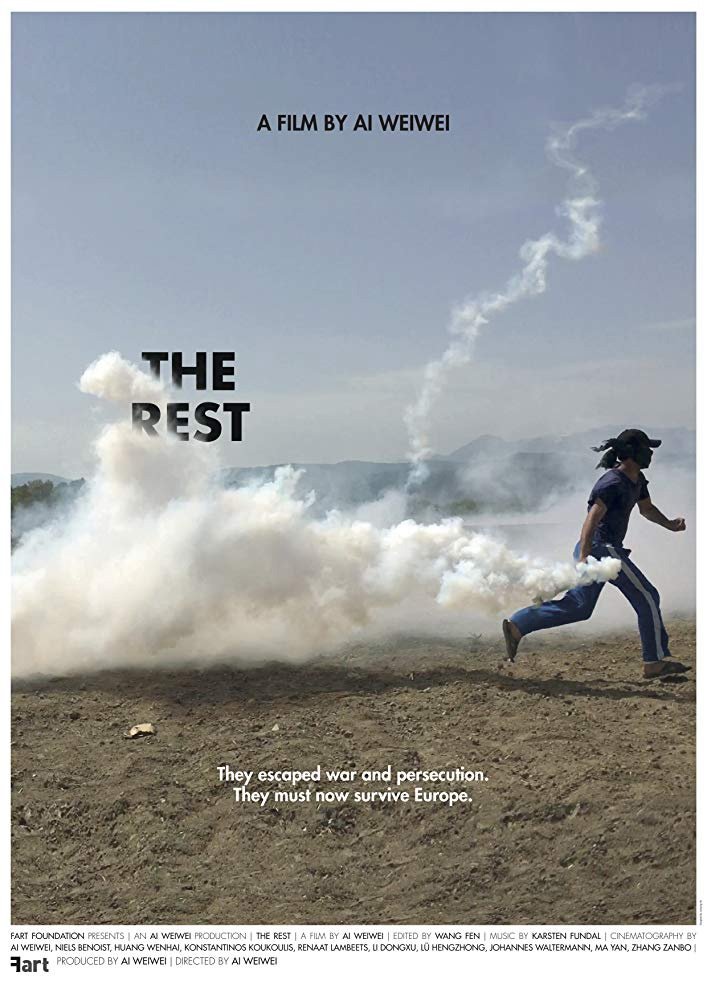
Europe's refugees are met at eye level in a film by the Chinese artist Ai Weiwei, who defends the ideals of humanism in the midst of the crisis.
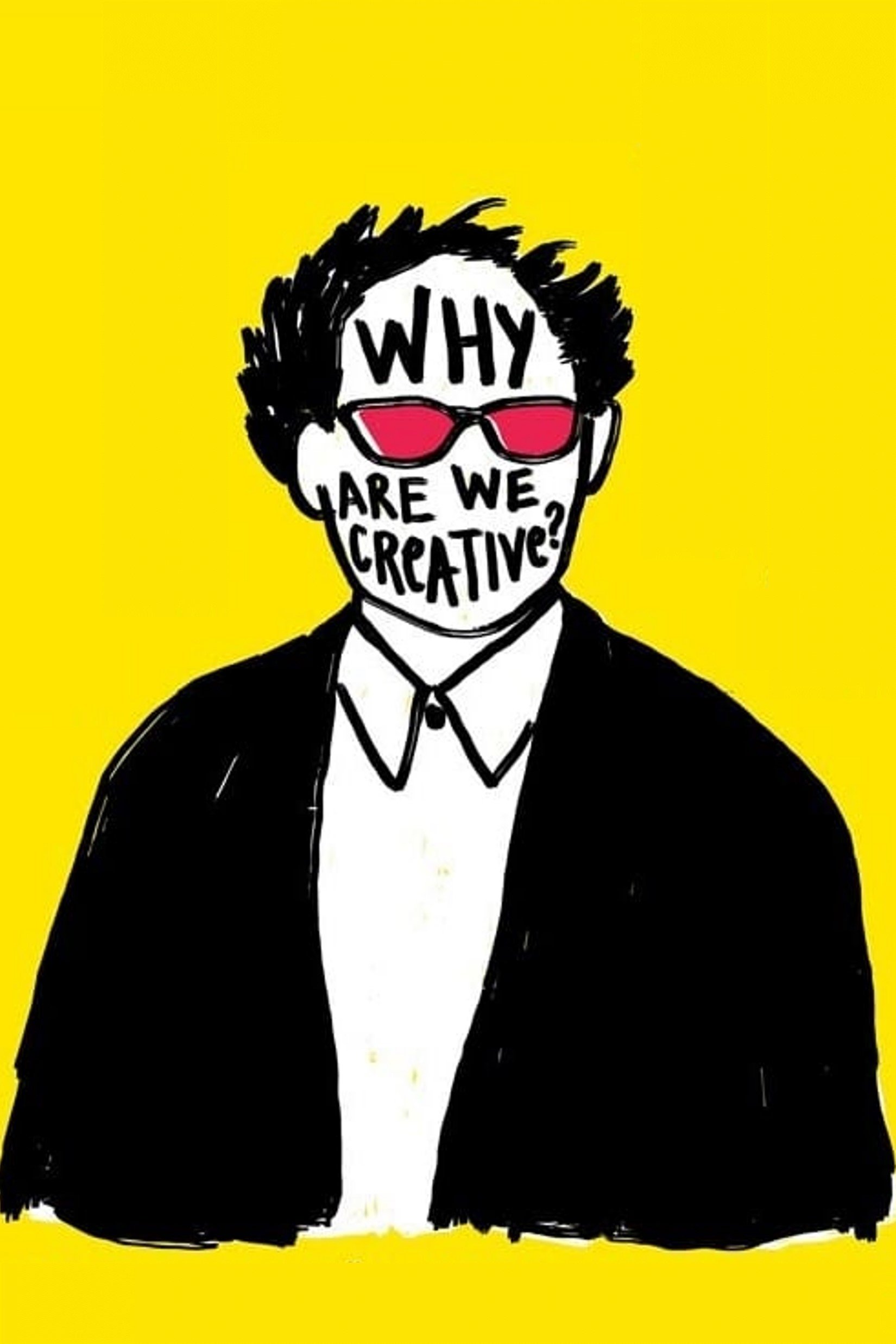
A 30 years odyssey: the world's most intriguing artists and thinkers from the fields of visual art, music, filmmaking, acting, literature, philosophy, politics, business and science, are asked the same question: "Why are you creative?"
Ai Weiwei is a Chinese contemporary artist and activist. Ai grew up in the far north-west of China, where he lived under harsh conditions due to his father's exile. As an activist, he has been openly critical of the Chinese Government's stance on democracy and human rights. He investigated government corruption and cover-ups, in particular the Sichuan schools corruption scandal following the collapse of schools in the 2008 Sichuan earthquake. In 2011, Ai Weiwei was arrested at Beijing Capital International Airport on 3 April, for allegedly economic crimes. He was detained for 81 days without charge. Ai Weiwei emerged as a vital instigator in Chinese cultural development, an architect of Chinese modernism, and one of the nation's most vocal political commentators. Ai Weiwei encapsulates political conviction and his personal poetry in his many sculptures, photographs and public works. In doing this, he makes use of Chinese art forms to display the Chinese political and social issues. After being allowed to leave China in 2015, he has lived in Berlin, Germany, and, since 2019, in Cambridge, UK, with his family, working and traveling internationally.
By browsing this website, you accept our cookies policy.